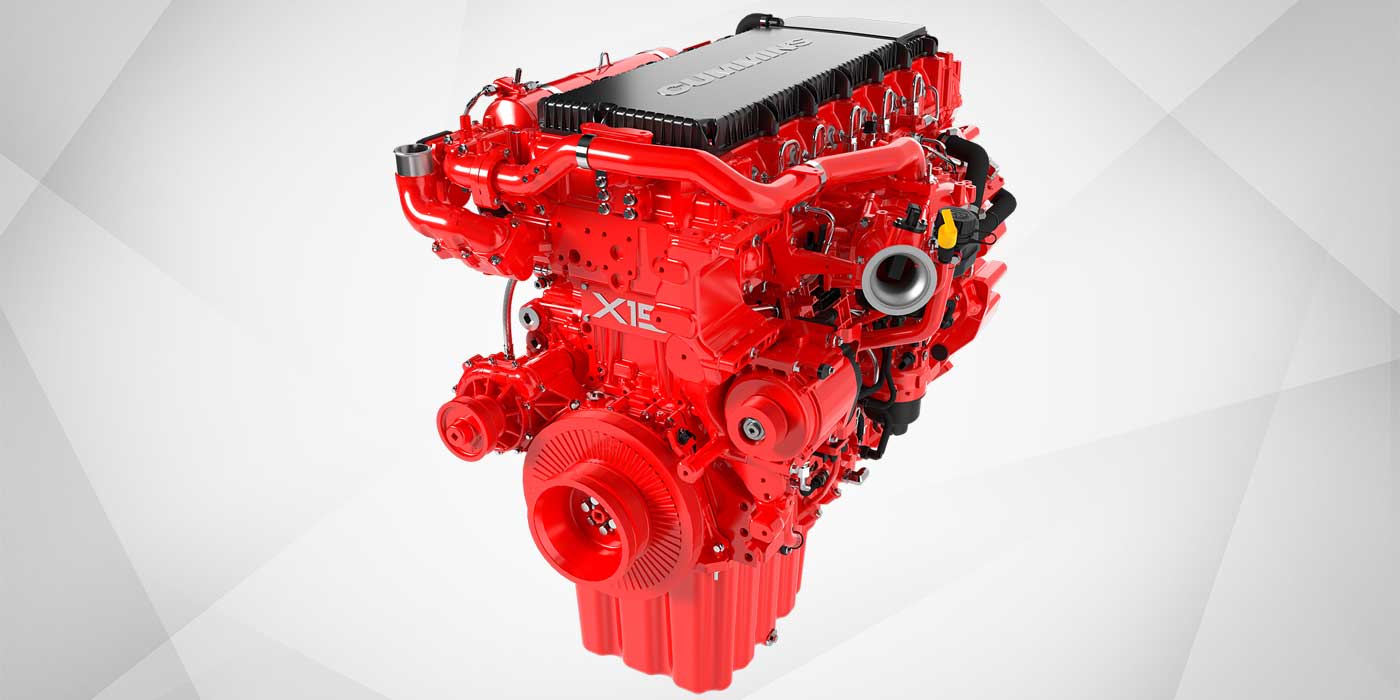Discover a Vast Array of Engines for every single Vehicle and Purpose
The automobile landscape is significantly complicated, with a varied variety of engine types developed to satisfy specific performance and performance needs across various automobile classifications. Additionally, durable engines offer the requirements of work automobiles, while environmentally friendly alternatives are getting traction in the quest of lasting transportation.
Kinds Of Automotive Engines
Automotive engines can be classified right into a number of distinctive types, each developed to fulfill certain efficiency and effectiveness demands. One of the most typical classifications consist of internal burning engines, electric engines, and hybrid systems.

Electric engines, on the other hand, run on electric power kept in batteries, offering instantaneous torque and zero emissions. These engines are becoming progressively preferred as a result of improvements in battery technology and the expanding emphasis on sustainability.
Crossbreed systems combine both internal burning and electric engines, making it possible for automobiles to enhance fuel performance and lower emissions by seamlessly changing between source of power. Each engine kind presents its benefits and drawbacks, influencing variables such as automobile layout, intended use, and market need. Comprehending these distinctions is critical for makers and consumers alike when choosing the appropriate engine for their certain demands.
Efficiency Engines for Sports Cars
Efficiency engines for cars are specifically engineered to provide enhanced power, rate, and agility, establishing them apart from typical vehicle engines. These engines usually make use of innovative modern technologies such as turbocharging, turbo charging, and variable valve timing to make best use of performance and responsiveness.
Typically, efficiency engines are made with greater compression ratios, which permit greater energy extraction from fuel. This causes excellent horse power and torque figures, allowing fast acceleration and higher top speeds. The light-weight products made use of in these engines, such as aluminum and carbon fiber, add to lowered total vehicle weight, boosting handling and ability to move.
Engine configurations like V6, V8, and even hybrid systems are common in efficiency cars, each offering one-of-a-kind benefits in terms of power distribution and driving characteristics. The tuning of these engines is also essential; many manufacturers optimize the engine administration systems to provide an exciting driving experience, typically including sporting activity modes that adjust throttle reaction and gear shifts.
Effective Engines for Daily Commuters
In the world of everyday commuting, efficient engines play an essential duty in maximizing gas economy and decreasing emissions while offering reliable efficiency. As city populaces grow and ecological worries heighten, the need for cars equipped with reliable powertrains has surged.
Modern engines developed for everyday travelers frequently integrate modern technologies such as turbocharging, straight fuel shot, and crossbreed systems. Turbocharging enhances engine effectiveness by compeling even more air right into the combustion chamber, permitting for smaller sized, lighter engines that do not jeopardize power output. Straight gas injection enhances gas atomization, bring about better burning and increased effectiveness.
Hybrid engines, integrating internal burning with electrical power, further enhance fuel economic climate, particularly in stop-and-go website traffic, where traditional engines can struggle with ineffectiveness. Electric motors aid during acceleration and can operate independently at low speeds, decreasing total gas usage.
Additionally, advancements in engine monitoring systems and light-weight products add dramatically to efficient engine style. By focusing on performance, resilience, and environmental sustainability, suppliers remain to deliver engines that not just meet the demands of daily travelling yet also align with worldwide efforts to minimize carbon footprints.
Heavy-Duty Engines for Work Cars
Durable engines for work vehicles are consistently crafted to deliver outstanding torque and reliability under demanding conditions. These engines are created to do in environments where typical engines might falter, such as building and construction sites, logging procedures, and farming setups. The primary focus of sturdy engines is their ability to generate high levels of power while maintaining longevity over extended periods of operation.
Usually, heavy-duty engines use advanced products and robust building and construction strategies to hold up against the roughness of heavy workloads. Functions such as strengthened cylinder blocks, improved cooling systems, and progressed gas injection modern technologies add to their effectiveness. These engines typically operate at reduced RPMs, which assists to enhance fuel performance while providing the required power for lugging and carrying.
In addition to mechanical toughness, heavy-duty engines are commonly outfitted with innovative electronic control devices (ECUs) that take care of efficiency, emissions, and diagnostics. This combination enables for much better tracking and maintenance, ensuring that work lorries stay functional and efficient.
Ultimately, sturdy engines are a vital element in the efficiency of various industries, supplying the required power and reliability to take on the toughest of tasks.
Eco-Friendly Engine Options
The expanding emphasis on sustainability has actually led to the growth of green engine options that focus on decreased emissions and improved fuel efficiency. These engines are designed to reduce the environmental influence of cars while try these out still delivering the performance and dependability expected by consumers.
Amongst one of the most noteworthy environmentally friendly options are hybrid and electric engines. Crossbreed engines incorporate traditional internal combustion engines with electric propulsion, enabling for decreased gas intake and reduced greenhouse gas exhausts. Electric engines, on the various other hand, operate totally on battery power, producing zero tailpipe discharges and contributing to cleaner air top quality.
An additional promising development is the advancement of biofuel engines, which make use of renewable energies, such as plant materials, to power automobiles (Engines For Africa). By using biofuels, these engines can minimize reliance on nonrenewable fuel sources and lower total carbon impacts

As the automobile industry progresses, eco-friendly engine options will play an essential duty in driving the transition towards more lasting transport options.
Verdict
From high-performance engines that enhance sports car abilities to effective designs focusing on fuel economic climate for everyday travelers, each type offers a details feature. Heavy-duty engines directory provide to durable job vehicles, while environmentally friendly choices, such as electric and biofuel engines, advertise lasting transport.
